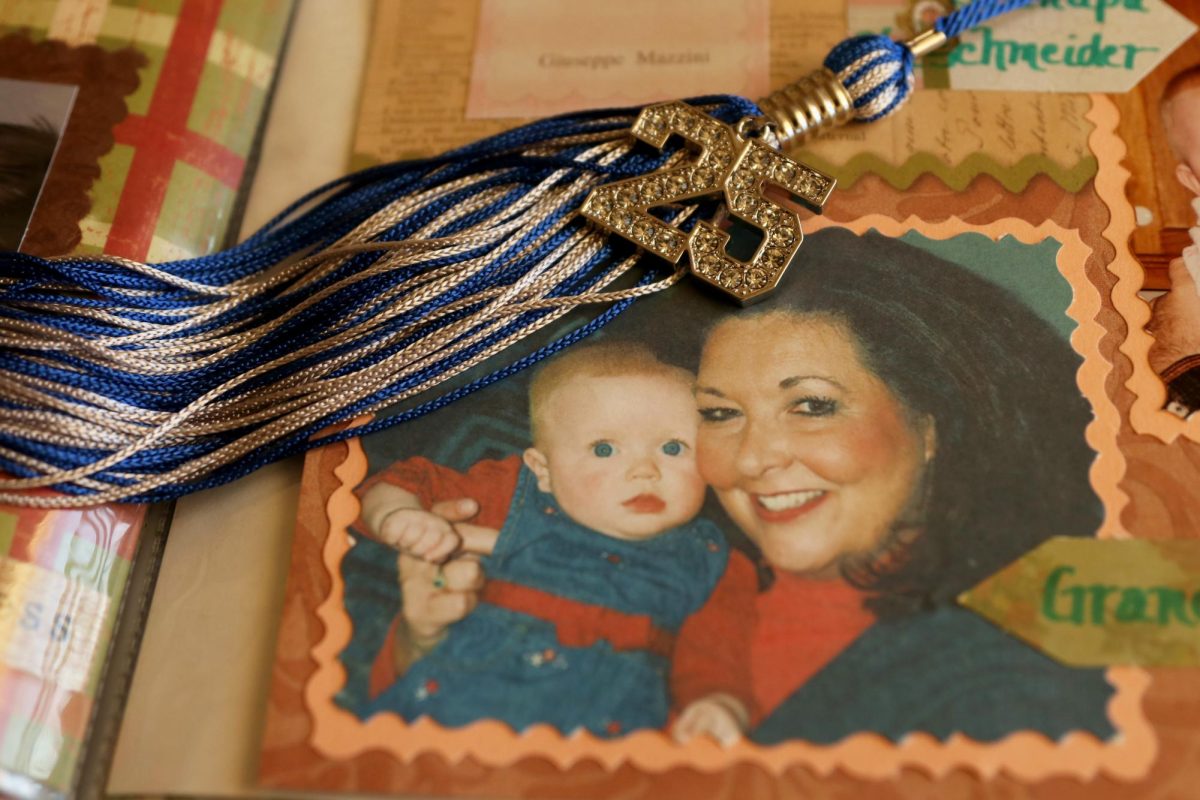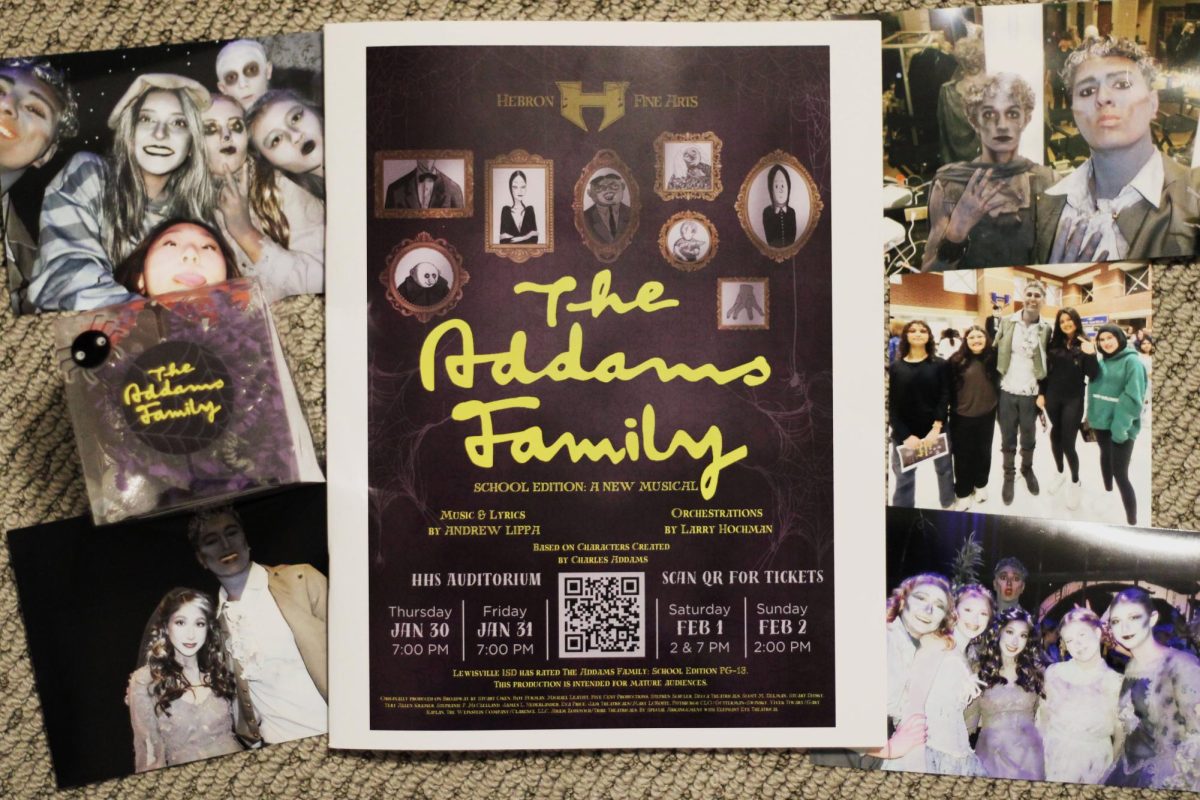“He’s a Libra moon, that says a lot.”
This is the absurd line from “Bodies Bodies Bodies” when Alice (Rachel Sennott) “solves” the murder mystery then correlates the suspect’s astrology sign to the crime.
It’s the kind of line that gets laughs, goes viral and spreads across social media as the perfect mock of Generation Z. But beyond the jokes, it highlights a larger issue: film and TV reduce Gen Z to shallow stereotypes instead of giving us the authentic representation we deserve.
Gen Z is those born between 1997-2013. This puts the youngest of Gen Z in middle school, and the oldest in the workforce. As someone who is a part of this generation, I agree that our sense of humor is strange. It’s made of irony, quirkiness and a level of dark humor that other generations don’t always understand. Many of our jokes are built on niche internet references or “brain-rot.”
With technology being a key source of our lives, other generations do not get the context to understand these jokes; however, they continue to try and replicate the humor.
Each generation before Gen Z has its own traits that make them stand out. Boomers are known for their strong work ethic, traditional values and the baby boom that defined their time. Generation X pushed back against their parents’ traditions while being known as independent, “latch-key” kids who embraced iconic culture from the ‘80s punk to the ‘90s grunge. Millennials get a bad rap for being lazy or spoiled, but they were the first generation that we credit to the rise of the internet and driving the digital revolution.
Then there’s Gen Z — glued to their phones, over reliant on technology and incapable of serious communication –- constantly speaking in slang, memes or “brain-rot.”
While the stereotype is somewhat true, it shouldn’t be the only thing that defines Gen Z. Growing up in the digital age, Gen Z has been shaped by constant connectivity, allowing us to be more socially conscious and collectively informed than generations before them. Gen Z is more than just a generation glued to their phones — they’re using them to change the world. Gen Z has transformed political activism, with nearly 50% of eligible 18 – 29-year-olds voting in the 2020 election. In mental health, we’re 27% more likely to report our mental state, with Millennials at 15% and Gen X at 13%.
Yet when I watch shows and movies, the media fails to capture the true character of Gen Z. The show “Ginny and Georgia” tries to capture the experience of high school but leans heavily into clichés like Snapchat filters, cliques and teen angst. It’s like someone searched up “Gen Z traits” and wrote an entire show based on the most overused results. Then there’s “Bodies Bodies Bodies,” a horror-comedy that takes satirical aim at how Gen Z would survive in a crisis when cut off from the rest of the world. While it is said to be satire, it’s offensive. The film as a whole paints us as a clueless, self-observed generation that can’t function without our phones.
Don’t even get me started on “Euphoria,” a show that follows a group of high school students, each with unique storylines. With the main character being a 17-year-old drug addict navigating sobriety and her relationships, “Euphoria” brings a new perspective to the Gen Z stereotype when it comes to addiction. While the show does a good job covering issues like addiction, it portrays high school life as an endless cycle of partying, drug use and drama. This is not a universal truth. The show focuses on chasing highs – hence the title “Euphoria” – rarely showcasing any real or mundane moments at all.
I’ve yet to find a show or movie that accurately depicts my generation. Some might argue that writers lean on stereotypes because they create relatable narratives, or that stories are meant to be entertaining and not accurate. But, being accurate doesn’t mean being boring. Writers can make shows entertaining and engaging while still portraying real, complex characters.
Entertainment doesn’t need to lean on stereotypes. There’s a middle ground where nuance meets fun, and where characters can feel relatable because they feel real, not over exaggerated. I shouldn’t feel like I’m watching a “Saturday Night Live” skit or have to turn off my brain to enjoy watching something.










